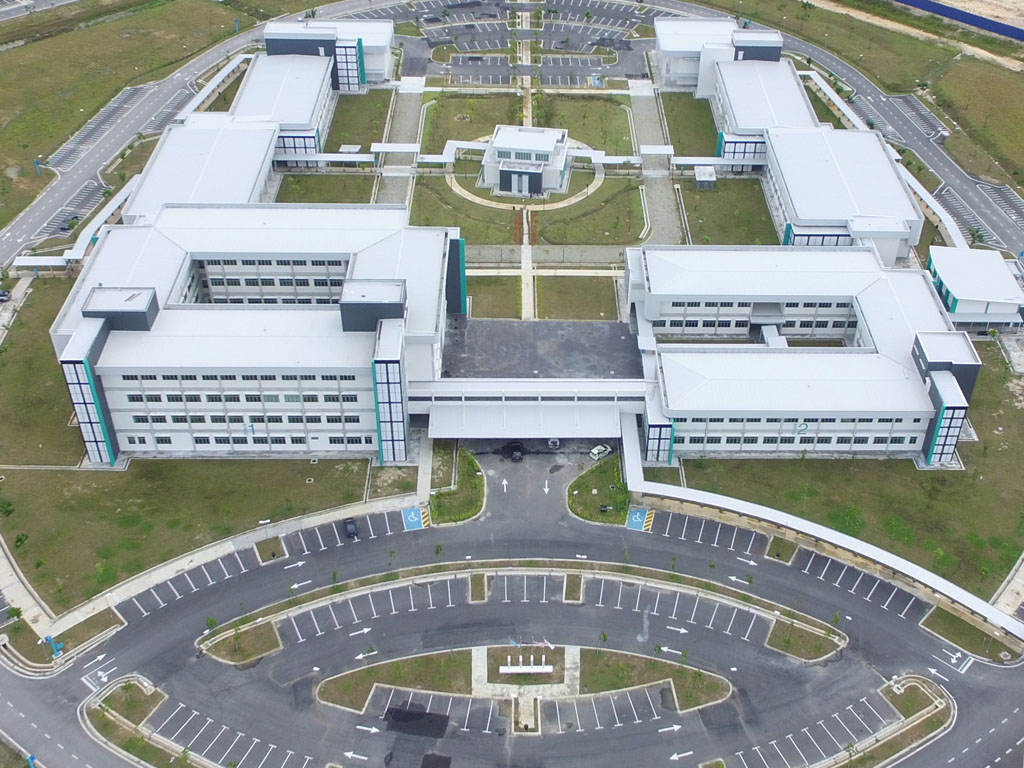
MUAR (Bernama) – The Pagoh Higher Education Hub is a township integrated with an education hub comprising four public higher education institutions, making it the first of its kind in ASEAN.
The four universities are the Tun Syed Nasir Syed Ismail Polytechnic (PTSN), Universiti Tun Hussein Onn Malaysia (UTHM), Universiti Teknologi Malaysia (UTM) and the International Islamic University Malaysia (IIUM).
All four institutions enjoy shared facilities in one “super campus”.
The education hub covers an area of around 200 hectares, surrounded by over 1,600 hectares of new residential and commercial areas catering to the students and staff alike – all of which are developed by Sime Darby Property Berhad.
The multi-campus township is located just two kilometres off the Pagoh toll plaza on the North-South Expressway, about a 20-minute drive from Muar town. It is expected to bring about spillover benefits to the local community, especially to those living around Pagoh and Panchor.
The education hub is equipped with centralised shared facilities, said its Chief Coordinator/Special Projects Section Head Noraida Attan.
These include a convention centre, lecture halls and auditoriums, aquatic centre, sports centre and data centre, among others.
She explained that the administration of the education was centralised and run by the Special Section of the Education Ministry’s Development Division for higher education.
Noraida told Bernama the education hub borrowed from a similar concept introduced in Qatar.
The Qatar Education City and the Science and Technology Park (Qatar Education City) covers 1,400-hectare and houses educational facilities from school age to research level and branch campuses of some of the world’s major universities.
Launched in 1997, the initiative by the Qatar Foundation is today a multi-university campus with students from over 50 countries and an impressive array of shared facilities to cater to the community there.
Noraida said the intention behind the development of an education hub as such was to provide shared use of state-of-the-art facilities that would support the progress of higher education in the country.
“This concept of shared facilities not only saves cost but prevents issues of underutilised facilities, such as laboratories.
“For example, if UTHM has the latest Numerical Control (CNC) machine, students from the other three institutions that require the use the machine in their studies can also use it. This eliminates the need to buy multiple units of the same machine,” she explained.
Noraida believed that the concept of shared use of facilities not only saves operation and development costs but teaches students to step outside their comfort zone as well as become more open and less individualistic.
“The students here would not only be among their friends (from the same university or courses) but have the chance to meet and greet with those from other public institutions as well.
They can exchange ideas, enrich their socio-cultural experience and better integrate in sports and academics,” she said.









